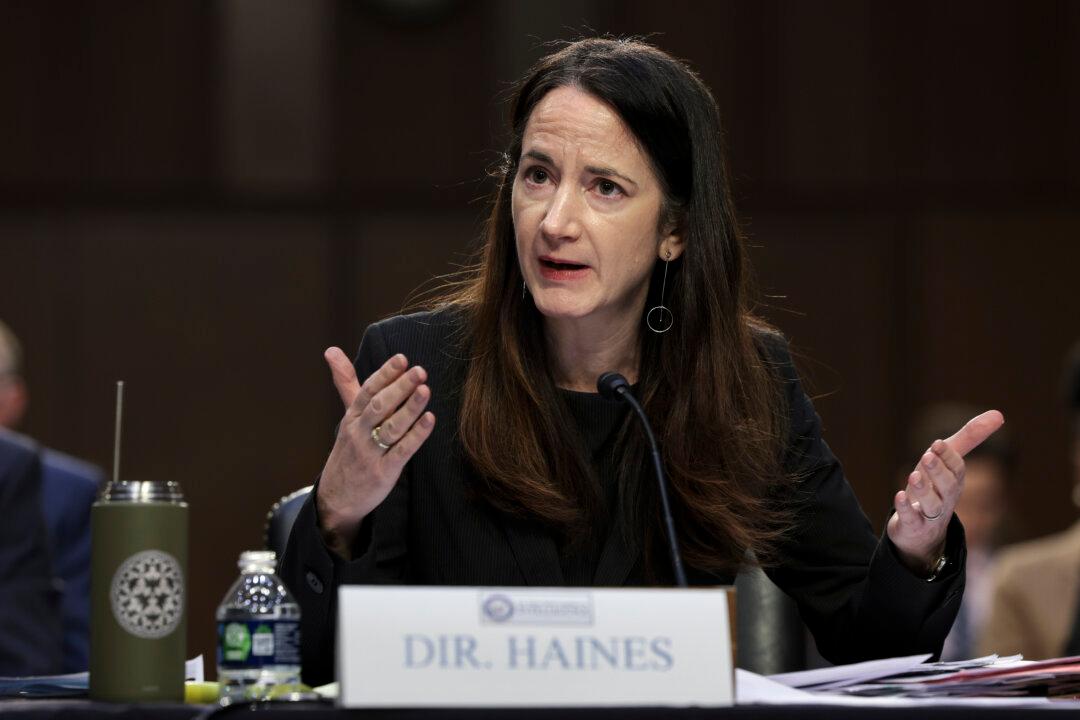New details have emerged on the U.S. government spying on citizens following the release of a bombshell report showing that intelligence agencies have bought vast troves of sensitive information on Americans from businesses that harvest people’s data.
Over the years, private data collection services have accumulated commercially available information (CAI), which encompasses highly-revealing data on millions of American citizens, including location, smartphone, and web browsing data.





